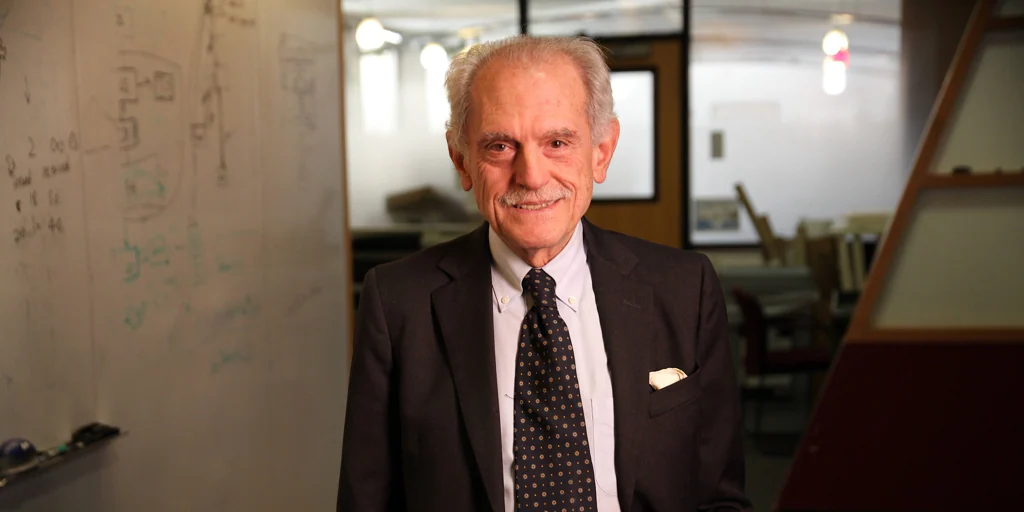He BBVA Foundation Frontiers of Knowledge Award in Information and Communication Technologies, endowed with 400,000 euros, has been awarded in its fifteenth edition to professor Alberto Sangiovanni Vincentelli (University of California at Berkeley) for “radically transforming” the design of the chips on which all of today’s electronic devices are based, thus powering “the modern semiconductor industry,” according to the jury’s minutes.
“By providing software tools to facilitate the creation of complex chips, it enabled a worldwide explosion of integrated circuit design, spanning research, industry and academia,” the jury continues. “Professor Sangiovanni Vincentelli created a rich ecosystem of electronic design automation techniques that revolutionized the way computer systems are built, techniques that remain essential today.”
the laureate has transformed chip design thanks to three fundamental contributions. First of all, he proposed a method to speed up simulations of electronic circuits, which was essential to make them a really useful tool. He also developed a system for automatically generating circuits from hardware description languages. Finally, he created a program to arrange the multiple components of a circuit in a way that maximized performance and minimized power consumption.
With these three contributions, the winner made it possible “to design very complex circuits with hardly any human intervention”, as he himself points out, allowing people to focus on the creative aspects of design without having to worry about the most tedious and error-prone details. fatal.
Their work has also opened the door to making far more complex chips than was previously possible. “In 1975, the largest chip had about 2,000 transistors,” recalls the winner, “and today’s have more than 2,000 million transistors.”
In addition to making far-reaching scientific contributions that have spawned entire lines of research, Sangiovanni Vincentelli – Professor of Electrical Engineering and Computer Science at Berkeley – co-founded two companies, Cadence and Synopsys, that “collectively drive the entire semiconductor industry », highlights the report, since «its design tools are used in each and every one of the electronic chips that are built today».
His candidacy for the Frontiers of Knowledge Prize received 28 nominations, both institutional and individual, including Barry Barish, Nobel Prize in Physics (2017), and Joseph Sifakis, Turing Prize (2007).
